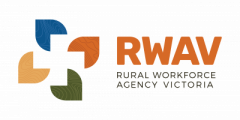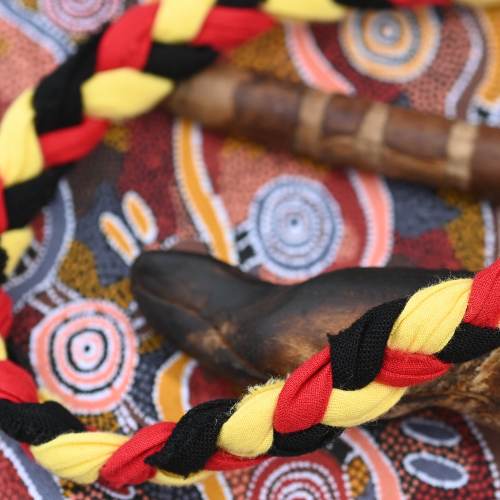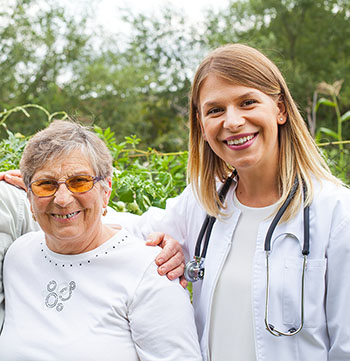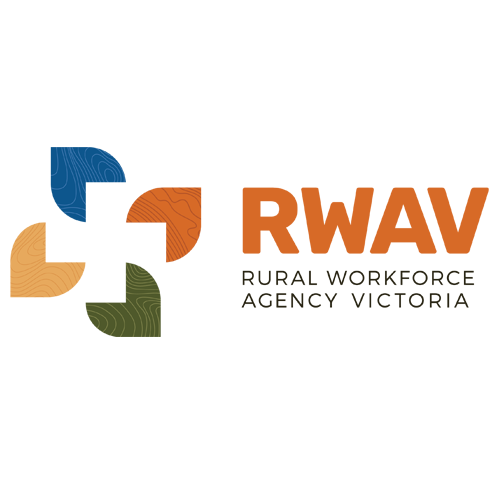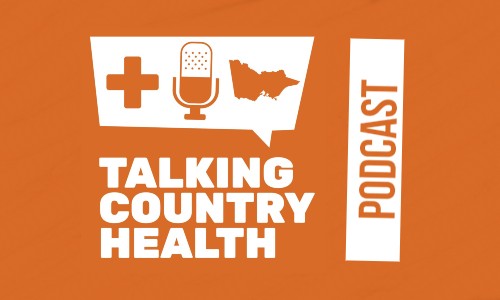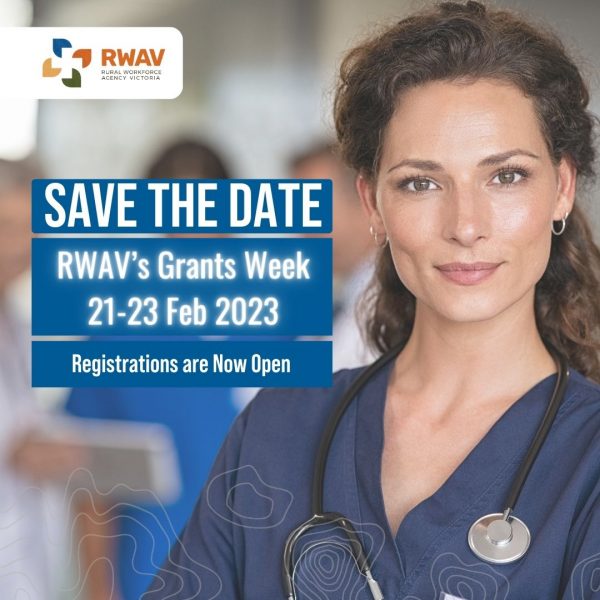World Hearing Day is held on 3 March each year to raise awareness on how to prevent deafness and hearing loss, and to promote ear and hearing care across the world.
Ear health is a key priority within RWAV’s Outreach programs. We currently facilitate four programs that support rural and Aboriginal and Torres Strait Islander communities to access affordable and quality health care services to treat ear conditions and improve hearing.
If you are an Audiologist, Speech Pathologist or ENT interested in providing outreach work to communities, or you work at a health service requiring these services, you can submit your interest online to RWAV.
Eye and Ear Surgical Support
The Eye and Ear Surgical Support (EESS) program aims to reduce instances of avoidable blindness and deafness in Aboriginal and Torres Strait Islander populations through expediting access to eye surgery (largely cataracts) and/or ear surgery for conditions resulting from Otitis Media.
The objectives of this program are to:
- Facilitate timely access to culturally appropriate, affordable eye and ear hospital procedures at the nearest available location to the patient’s home
- Strengthen patient pathways and, liaising between health clinics, specialists and hospitals; and
- Prioritise Aboriginal and Torres Strait Islander patients living in rural and remote Australia.
The program is able to provide travel, meal, accommodation and fuel support for patients and their carers requiring travel for surgery. The program is also able to fast track access to surgery by providing financial support for eligible surgery fees for patients living in MMM 3 – 7 locations.
Healthy Ears – Better Hearing Better Listening
The aim of the Healthy Ears – Better Hearing, Better Listening (HEBHBL) program is to increase access to a range of health services including expanded primary health for Indigenous children and youth (0 – 21 years) for the diagnosis, treatment and management of ear and hearing health. Services supported through HEBHBL are delivered in MMM 2 – 7 locations.
RWAV are currently working with the Victorian Aboriginal Community Controlled Health Organisation (VACCHO) to pilot an ENT telehealth model in two locations to increase access to bulk-billing ENT services and better support surgical referral pathways.
Ear Health Coordination
The aim of the Ear Health Coordination program is to enhance the monitoring and treatment of ear and hearing health in primary care, with a particular focus on supporting access to quality and culturally safe ear and hearing health services for Aboriginal and Torres Strait Islander children and youth.
The Program objective is to improve ear and hearing health for Aboriginal and Torres Strait Islander people by embedding regular, best practice surveillance and treatment (including referral for follow-up treatment) as part of the usual practice in primary health care clinics.
As part of the Ear Health Coordination program, RWAV regularly participates in partnership initiatives with VACCHO, RVEEH, PHNs, Soundfair, HAPEE and Hearing Australia to streamline Ear Health messaging across the state.
Ear and Hearing Health Follow-up Services
The Ear and Hearing Health Follow-up Services provide Aboriginal and Torres Strait Islander children who receive hearing assessments under the HAP-EE program to access the required follow-up services through RWAV’s Outreach services: HEBHBL, EESS, and MOICDP.
The objective of the services is to facilitate timely access to culturally appropriate, multidisciplinary ear and hearing health services provided by visiting health professionals such as ENT specialists and speech pathologists.
To learn more about the RWAV Outreach programs, explore our website here or talk to someone at vicoutreach@rwav.com.au, 03 9349 7800.
